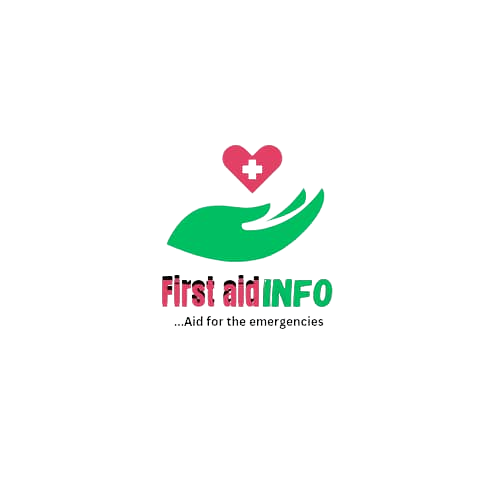The NGO Medecins Sans frontieres has called on the Nigerian Government to act urgently to curb the further spread of Diphtheria across the country.
ABUJA – A serious diphtheria outbreak is tearing through Nigeria, where thousands of people have been infected and hundreds more have died.
With low national vaccination coverage and a worldwide shortage of lifesaving antitoxin threatening to worsen the outbreak, Médecins Sans Frontières (MSF) urges the international community to immediately scale up support to improve treatment, preventive measures and contact tracing to control the outbreak’s spread.
In Kano state’s two diphtheria treatment facilities, “we’re currently seeing more than 700 people with suspected diphtheria and admitting more than 280 patients on a weekly basis” says Dr. Hashim Juma Omar”, an MSF emergency physician in Nigeria.
“In Kano state, women and children under the age of five are the most at risk and the ones who are now most impacted. They truly require assistance.
Children and women age.
On January 20, 2023, the Nigerian Center for Disease Control reported an outbreak of the illness; approximately 6,000 confirmed cases were documented between May 20, 2022, and early September 20, 2023. Around three-quarters of the 4,000 suspected cases that were reported in the nation in August 2023 were from Kano state.
In light of these challenges, improved efforts to reduce the disease’s transmission and to strengthen outbreak preparation and response in Nigeria are crucial. This includes vaccination; underlying the outbreak is a low vaccination rate, with only 70 percent of children having received their first dose of the diphtheria-tetanus-pertussis vaccine.
The decline in immunization led to a reported 25 million un- or under-vaccinated children in Nigeria in 2021. However, funding for vaccines and implementation costs remains a barrier to scaling up; Kano State alone requires millions of doses to target at-risk groups.
The number of suspected cases in other countries in the region adds to the urgency of increasing access to antitoxin drugs and vaccination initiatives.


